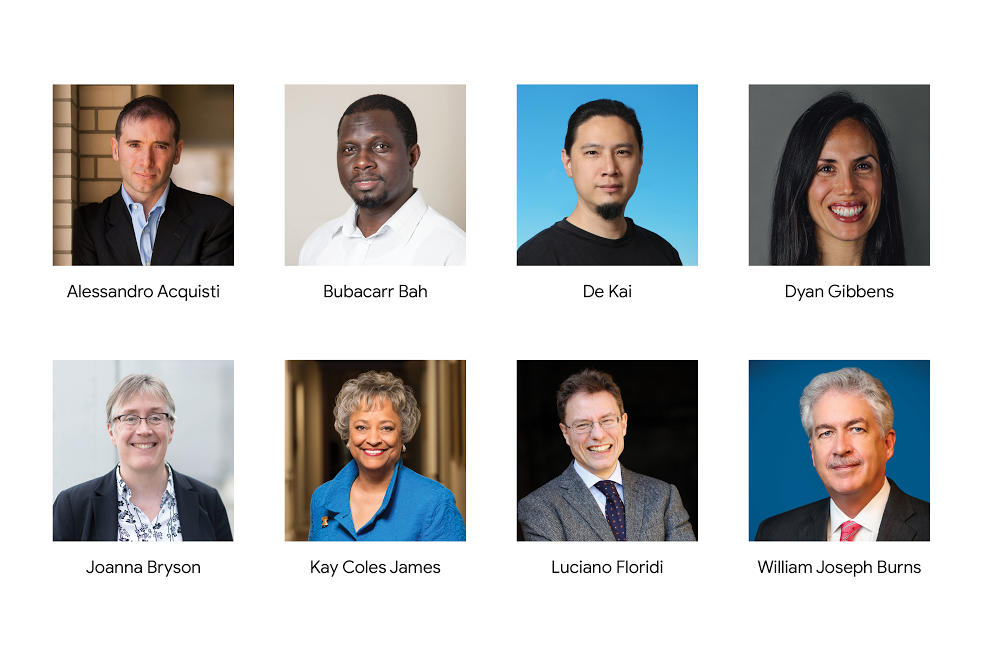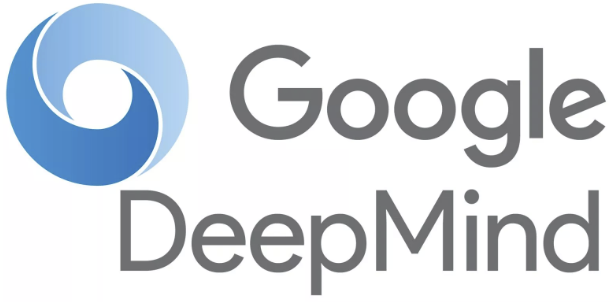New Board Enlists AI Profs, Business & Government Ethics Experts
When Google bought DeepMind, the AI company that developed learning systems, it promised to form an ethics board and give DeepMind oversight of Artifical General Intelligence, if it was created. While little is known of the board that formed, Google has announced a new board of overseers, recruited from outside of the company.
According to Forbes.com, DeepMind and Google signed an agreement drawn up by lawyers in London called the “Ethics and Safety Review Agreement” in the year leading up to the acquisition, which took place in January of 2014.
“We’ve established an Advanced Technology External Advisory Council (ATEAC),” wrote Kent Walker SVP of global affairs at Google in a blog post on Tuesday. “This group will consider some of Google’s most complex challenges that arise under our AI Principles, like facial recognition and fairness in machine learning, providing diverse perspectives to inform our work.”
In the blog post, Google listed all eight of the ATEAC board members, with short bios:
 Alessandro Acquisti, a leading behavioral economist and privacy researcher. He’s a Professor of Information Technology and Public Policy at the Heinz College, Carnegie Mellon University and the PwC William W. Cooper Professor of Risk and Regulatory Innovation.
Alessandro Acquisti, a leading behavioral economist and privacy researcher. He’s a Professor of Information Technology and Public Policy at the Heinz College, Carnegie Mellon University and the PwC William W. Cooper Professor of Risk and Regulatory Innovation.
Bubacarr Bah, an expert in applied and computational mathematics. He’s a Senior Researcher, designated the German Research Chair of Mathematics with specialization in Data Science, at the African Institute for Mathematical Sciences (AIMS) South Africa and an Assistant Professor in the Department of Mathematical Sciences at Stellenbosch University.
De Kai, a leading researcher in natural language processing, music technology and machine learning. He’s Professor of Computer Science and Engineering at the Hong Kong University of Science and Technology, and Distinguished Research Scholar at Berkeley’s International Computer Science Institute.
Dyan Gibbens, an expert in industrial engineering and unmanned systems. She’s CEO of Trumbull, a Forbes Top 25 veteran-founded startup focused on automation, data and environmental resilience in energy and defense.
Joanna Bryson, an expert in psychology and AI, and a longtime leader in AI ethics. She’s an Associate Professor in the Department of Computer Science at the University of Bath. She has consulted for a number of companies on AI, notably at LEGO researching child-oriented programming techniques for the product that became LEGO Mindstorms.
Kay Coles James, a public policy expert with extensive experience working at the local, state and federal levels of government. She’s currently President of The Heritage Foundation, focusing on free enterprise, limited government, individual freedom and national defense.
Luciano Floridi, a leading philosopher and expert in digital ethics. He’s Professor of Philosophy and Ethics of Information at the University of Oxford, where he directs the Digital Ethics Lab of the Oxford Internet Institute, Professorial Fellow of Exeter College and Turing Fellow and Chair of the Data Ethics Group of the Alan Turing Institute.
William Joseph Burns, a foreign policy expert and diplomat. He previously served as U.S. deputy secretary of state, and retired from the U.S. Foreign Service in 2014 after a 33-year diplomatic career. He’s currently President of the Carnegie Endowment for International Peace, the oldest international affairs think tank in the United States.
According to a story in CNET.com, the group will help Google solve some of its thorny issues involving facial recognition. It will meet four times this year, starting next month, and Google will make summaries of the group’s reports available.
“Last year in a blog post, Google CEO Sundar Pichai shared Google’s AI Principles, a series of ethical guidelines on the development and use of AI,” CNET.com reported. ” ‘The ATEAC is designed to ‘complement the internal governance structure and processes that help us implement the principles,’ Kent Walker, Google’s senior vice president of global affairs, said in a post. He also discussed the council’s establishment at MIT Technology Review’s EmTech Digital conference in San Francisco.”








Leave A Comment